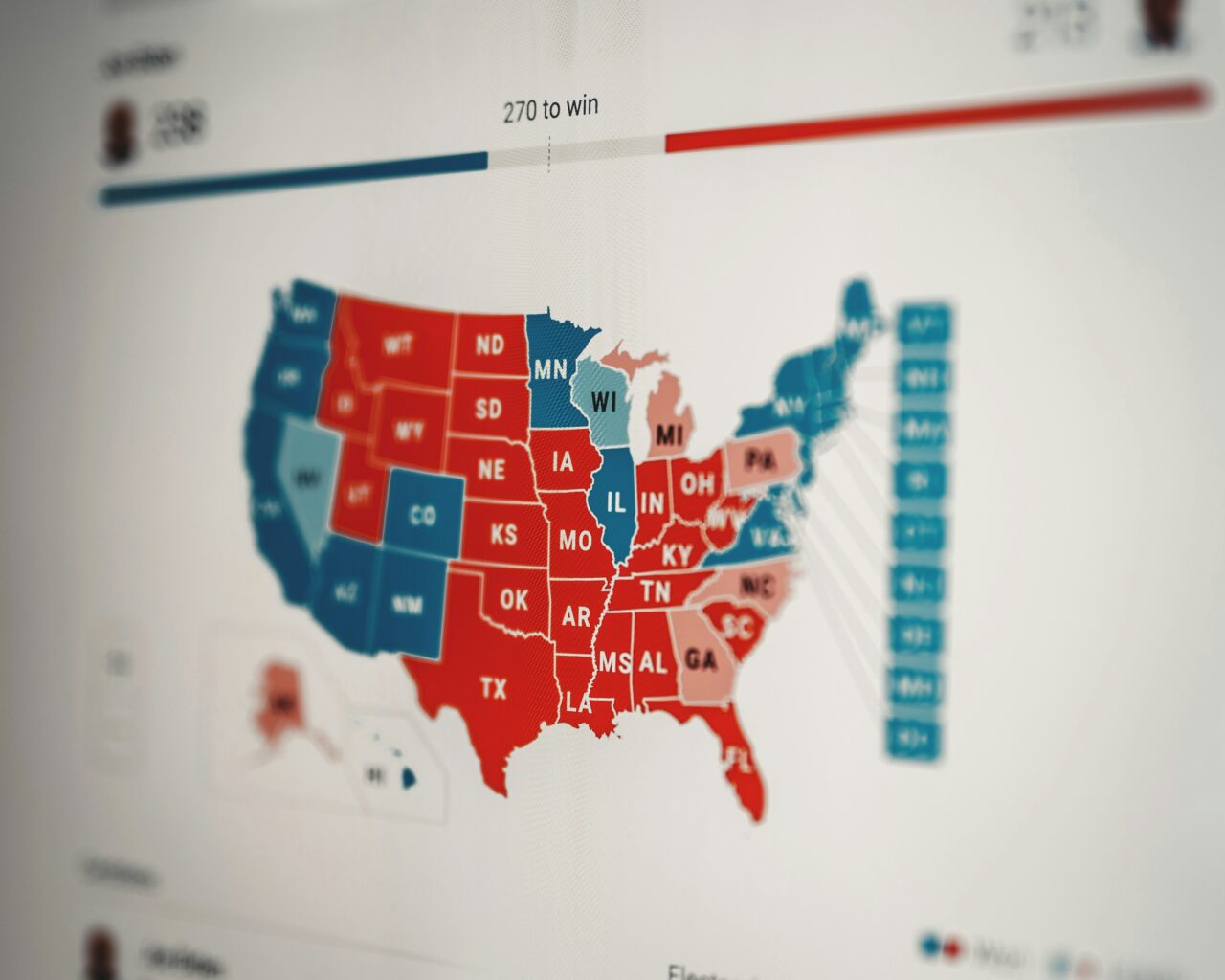Religion, ethics and decision making: why do Christians vote for Trump?
Harris has hit the ground running injecting pace and energy into the US presidential election race, but a second Trump Presidency is still, with 100 days to go, a likely outcome according to a number of polls.
Much has been made of the evangelical Christians who form an important part of Trump’s base. For some on the outside looking in there is an incompatibility between the assumed values of the religious right and their enthusiastic endorsement of Trump whose ‘sins’ are regularly paraded across social media and have recently become a matter of law.
To be clear, all leaders are flawed. In order to excel in certain areas, others are neglected. This would be true of Mother Theresa, Tony Blair and Oprah Winfrey. However, and whatever your politics, it is disturbing that a convicted felon could be the World’s Commander in Chief.
The 78-year-old Trump is the first former president in US history to be criminally convicted, having been found guilty of falsifying business records. A few weeks later, the US Supreme Court ruled he had partial immunity in perhaps the most serious case he faces – that he tried to overturn the 2020 election result.
Currently, half of the voting public might vote for him. Enthusiastically, in many cases.
Making Choices
In any decision-making scenario, frameworks can be helpful. With our clients around the world we regularly use decision-making models such as Vroom-Yetton decision-making models and the RACI model. However, religion offers billions of people their most tried and tested decision-making framework.
Whilst we can expect businesses to try and identify ‘rational’ frameworks to support decision making, voting and political allegiance is intensely personal and religion can be helpful to many people by providing a set of values and norms to help when making big choices.
Last week Trump spoke at a rally for Christian republicans in Florida receiving a warm welcome. He describes himself as a non-denominational Christian and has galvanised a strong contingent of evangelical Christians behind him, in part due to his unequivocal stance on conservative Christian issues such as abortion. For many Christians on the right this alone is a vote winner. For them the role Trump played in overturning the 1973 supreme court ruling on Roe V Wade, which generally protected the right to an abortion, only reinforces his credentials, as a pro-Christian leader.
And yet, for many people of faith in America and around the world those same positions, and the combination of Trump’s bombastic, racist and misogynistic language and actions make his candidacy incompatible with their faith.
Diverse views in a ‘broad church’
For those of us with no religion the inconsistent views held by adherents to the great religions can undermine their inherent value. How can one religion both endorse and repudiate the actions of a former, and possible future president?
Perhaps the ability for such a diverse range of views on politics, and many other issues, is a lesson to those of us outside the tent of religious observance that it is possible to vehemently disagree with someone and still call them family.
Creating space for difficult conversations
Businesses are institutions that people can trust in. Employees are crying out for employers to create spaces where we can have difficult conversations about social issues within the frameworks of civility that are inherent to mature businesses. The Edelman Trust barometer highlights how distrust breeds polarisation with only 20% of respondents willing to live near or have as a co-worker someone who disagreed with their point of view. We know that the diversity of the workplace means that we are more likely to come into contact with diverse viewpoints in the workplace than we are in our self-selected social networks.
Can workplaces use the trusted environments bound by norms of civility and restraint to create safe spaces for difficult conversations on social and political issues? We think so, and whilst the church with its history of schisms might not be the perfect model it is the original ‘broad church’.
What can we take from its example?



